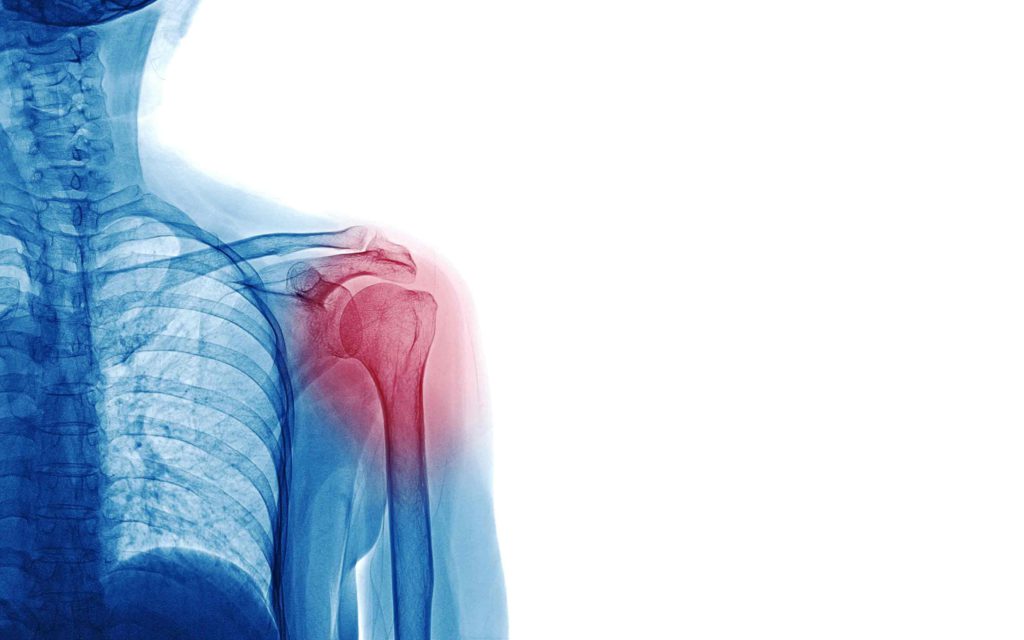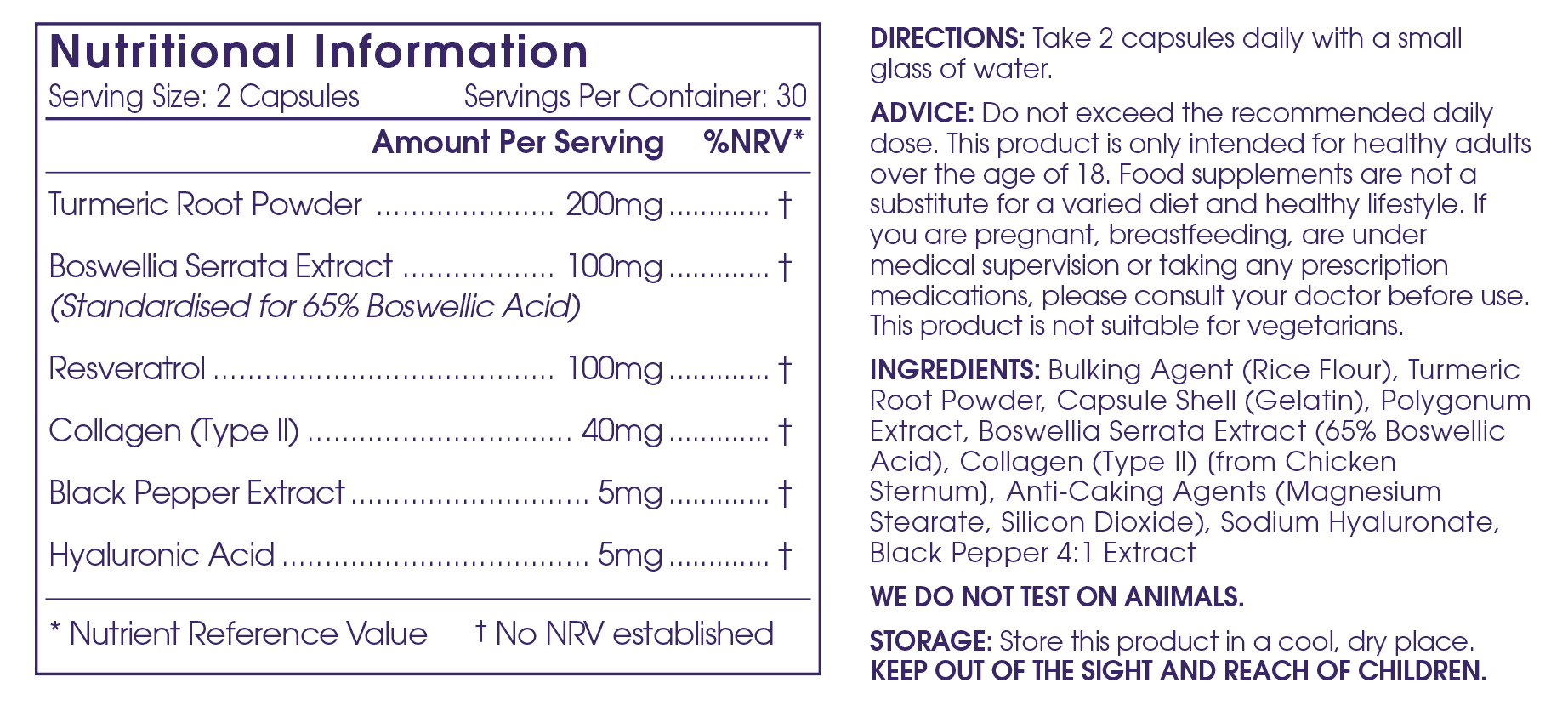Does joint pain equal arthritis? It’s a question that anyone experiencing lingering stiffness or soreness in their joints wants to know the answer to. The chances are high that the older you get, the more likely and frequently you are going to have joint pain. However, does it automatically mean you have arthritis?
It would technically be correct to say you have arthritis when you are suffering from aching joints. This is due to that term simply meaning that your joints are inflamed for some reason. This generalized term can be scary to hear, but you should not be too afraid before learning more about the specific arthritis issue you have. That is because there are over 100 different kinds of arthritis you could have. It is a good idea to understand which type you are suffering from so that you know how serious it is and how much treatment your specific condition will require.

Causes of Joint Pain
There are numerous causes of joint pain. Some of the most common reasons for those unwanted aches include the following:
- Prescription medication
- OTC analgesics
- Gout
- Osteoarthritis
- Rheumatoid arthritis
- Fibromyalgia
- Depression
This is by no means an exhaustive list, but you get the idea as to how varied the reasons for having joint pain can be.
The symptoms of arthritis are very easy to define and identify. Basically, if you feel that your joints are stiff when you get up in the morning and they hurt, you probably have some form of arthritis. Also, your symptoms of joint soreness, stiffness, and general pain may appear during certain strenuous activities. They may even crop up during normal activities like cooking in your kitchen.
The frequency of the pain will also differ depending on what type of arthritis you are suffering from. Sometimes, the aches will appear out of nowhere. Other times, they will appear gradually over a longer period of time. You may even falsely believe your arthritis is gone because the symptoms temporarily vanish, yet later come back. The soreness and stiffness may also linger around for a while as well.
Arthritis is still somewhat of a mystery among experts. We know that inflammation leads to pain but we are not completely sure why certain types of arthritis crop up in some people and not in others. Gout is one of the forms of arthritis that we know very much what causes it. When you have too much uric acid buildup within your body, you will be more susceptible to feeling agonizing pain. For other types of arthritis, it is now believed that several different factors are at play, including:
- Genetics
- Lifestyle
- Environment
If you are feeling persistent soreness or stiffness in one or more joints, then you may want to get some X-rays done. This is an effective way of finding out whether you have arthritis or whether you just have a temporary flare-up that will go away with some ice or heat applied to it. Whether you have rheumatoid arthritis, osteoarthritis, or some other form of arthritis, an X-ray should be able to make it clear what the problem is. Ensuring that you get the right diagnosis will help you heal from your condition quicker and more effectively.

How to Treat Joint Pain
Since you are most definitely looking to get rid of your aches and soreness in your joints, you will want to know how to treat the pain. There are a number of ways you can do so. The best step to take is to first reduce the inflammation you are experiencing in your joints. This can be done by eliminating the following inflammation-causing foods from your diet:
- Processed sugar
- Trans fats
- Red meat
- Processed meats
- Refined carbohydrates
There are others, but these are the big ones. You can then add anti-inflammatory foods that will help fight inflammation in your joints. These can include:
- Extra-virgin olive oil
- Dark leafy greens
- Salmon
- Berries
- Nuts
Changing your diet is one of the best steps you can take to reduce inflammation and have less joint pain. However, there is something you should know about food today. It has been found to be far less nutritious than it was 50 years ago. That means you get the same amount of nutrients from your food today, but you will have to eat significantly larger quantities. That is are often unrealistic. The modern solution is to take supplements.
A supplement will, well, supplement the nutrients that you are not receiving from the food you eat. These essential building blocks of a healthy body are necessary to be given the nutrient-deficient food around today.
When it comes to joints, one of the most popular supplements around is JointFuel360. This supplement is packed with potent ingredients that kick inflammation to the curb. Two powerful anti-inflammatory compounds in JointFuel360 are black pepper and turmeric, which are 2,000% more effective when taken together. Additionally, there is an antioxidant called resveratrol that can further reduce inflammation. Joint-strengthening ingredients like type II collagen help ensure that your joints are strong and able to stay protected. Ingredients like Boswellia serrata further help to reduce swelling in your joints.
You can also make some lifestyle changes, like exercise, go on a diet, drink less alcohol, and wear orthopedic shoes. There is quite a lot that you can do on your own to keep joint pain at bay and even eliminate it when you become highly focused on doing so.
Conclusion
So, does joint pain equal arthritis? It definitely does, but that is just because arthritis is a catch-all term for inflamed joints. What you may want to find out is what kind of arthritis you have. This can help you address the stiffness and soreness more effectively. Changing your diet to eliminate foods that cause inflammation, eating more anti-inflammatory foods, taking a joint supplement like JointFuel360, and making a few lifestyle changes will make a tremendous difference in how your joints feel.












